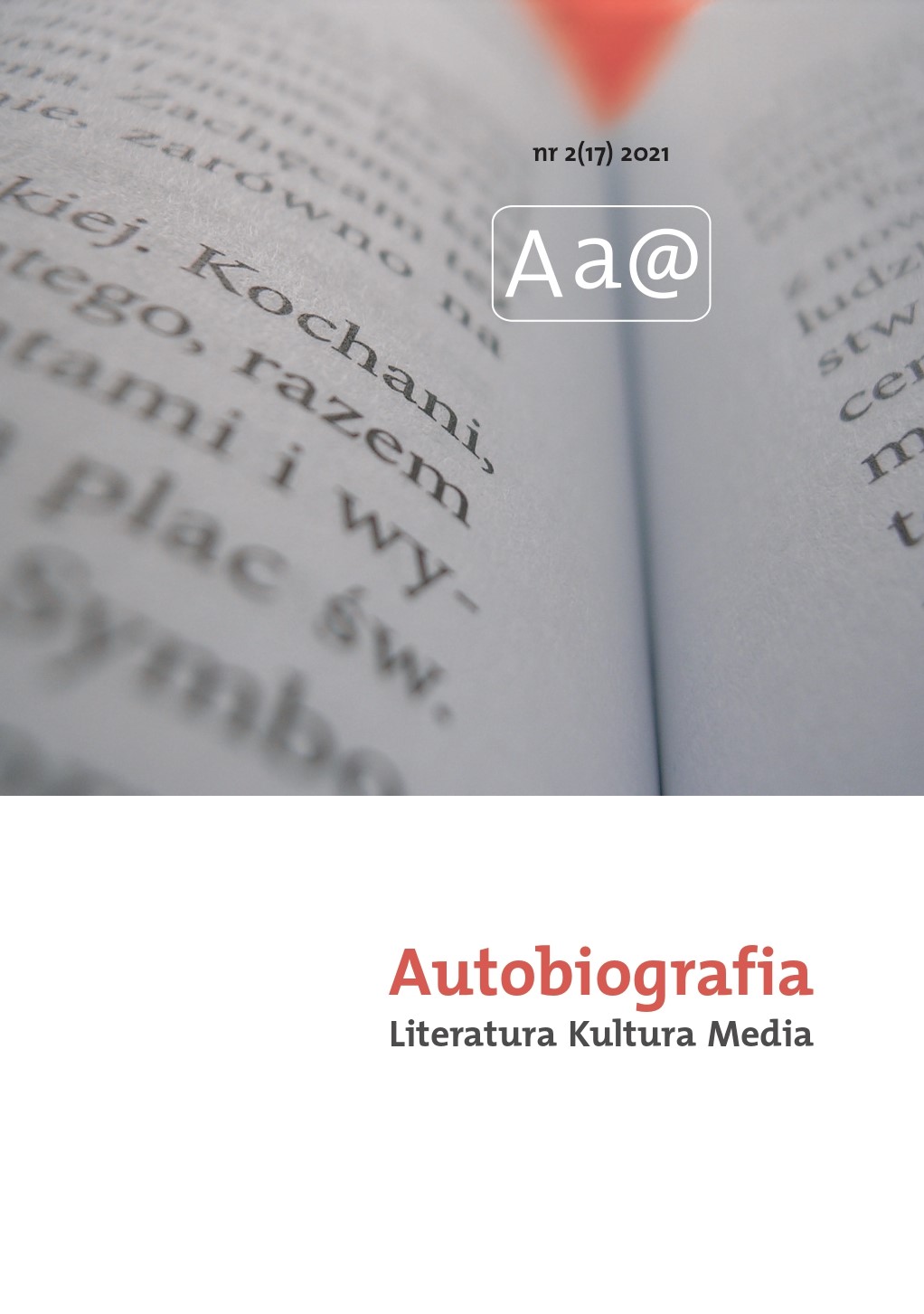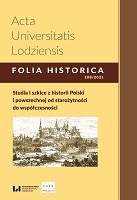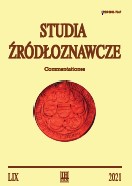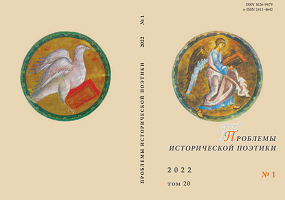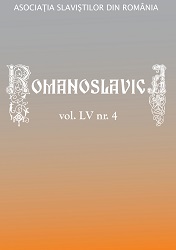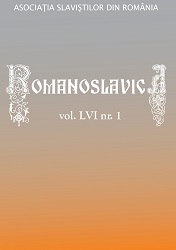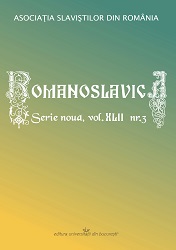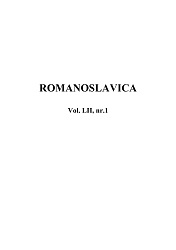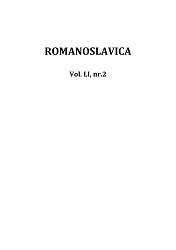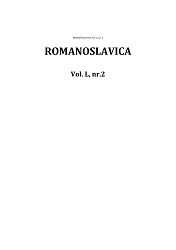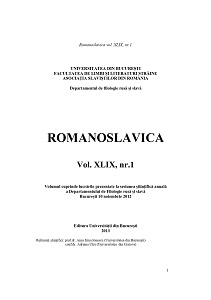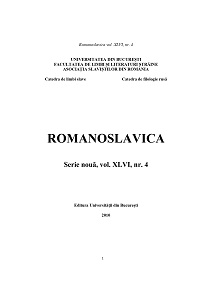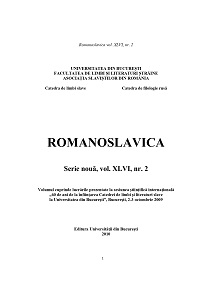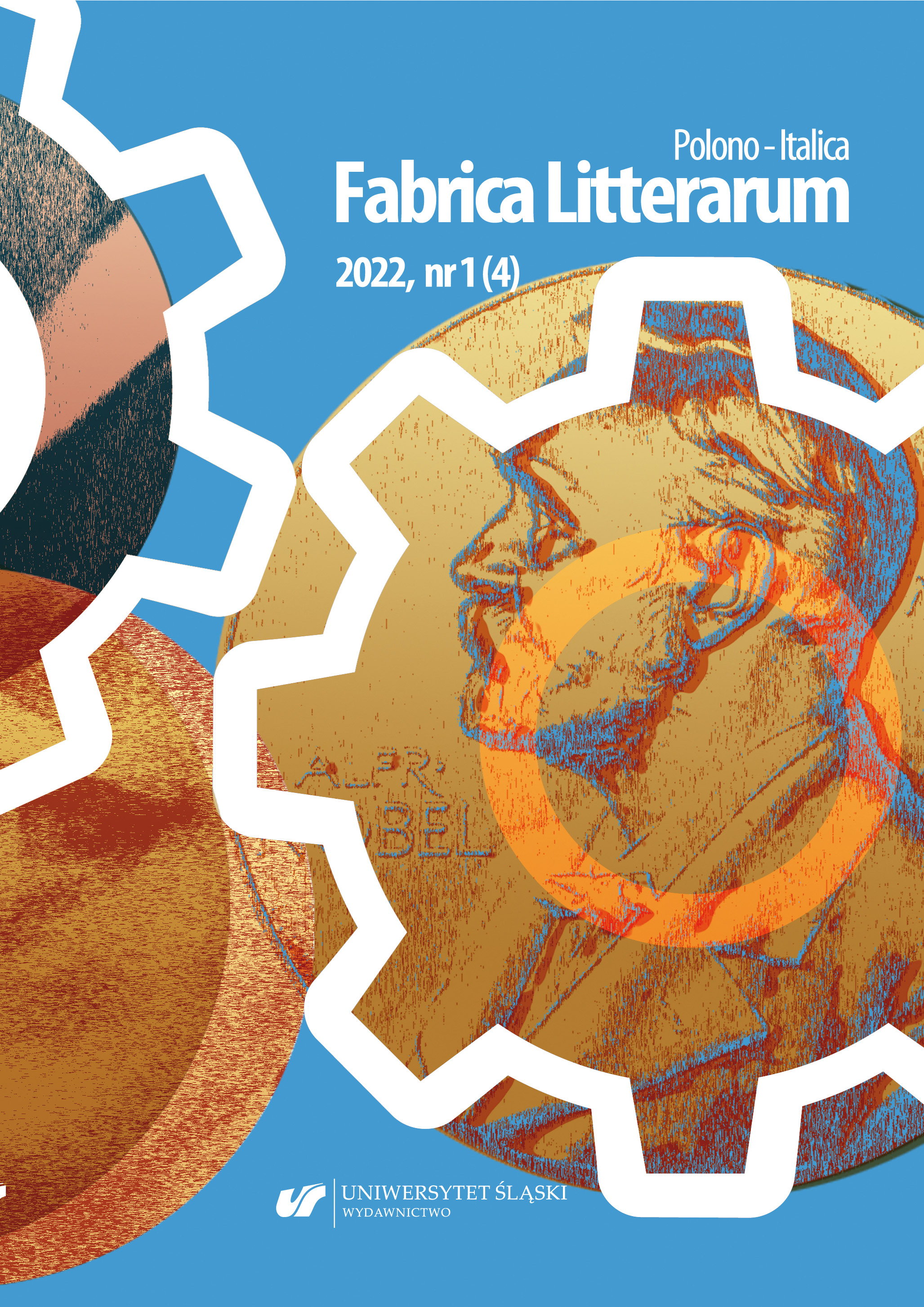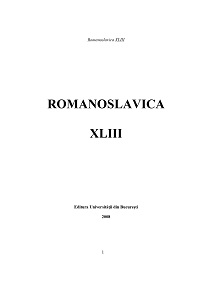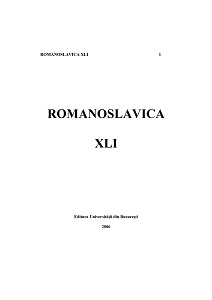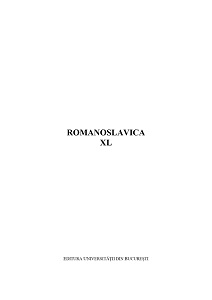Author(s): Not Specified Author / Language(s): Polish
Issue: 59/2021
Review of:
Katarzyna Płonka-Bałus, Średniowieczne rękopisy iluminowane Biblioteki i Muzeum Książąt Czartoryskich w Krakowie, t. 2: Bawaria, Czechy – Polska, Kraków 2018 (H.R.)
Beda Czcigodny, Dzieje Kościoła Anglów / Historia Ecclesiastica gentis Anglorum, wprow., tłum. i oprac. Iwonna Salamonowicz-Górska, indeks Tadeusz Kołosowski, Warszawa 2020 (R.R.)
Łacina w Polsce. Średniowieczne piśmiennictwo myślicielskie. Antologia, wybór, wstęp i koment. Juliusz Domański, red. Elżbieta Szablewska, Kraków 2020 (H.R.)
Szymon Wieczorek, Galla Anonima opowieść o królu Bolesławie i ubogim kleryku. Moraliter, anagogice, allegorice, historice, Rzeszów 2020 (R.R.)
Joan A. Holladay, Genealogy and the Politics of Representation in the High and Late Middle Ages, Cambridge–New York 2019 (H.R.)
Mirosław Jan Żarowski, Kadłubek. Zaślubiny żalu i wesołości, cz. 1, Wrocław 2020 (R.R.)
Marek G. Zieliński, Archiwum Fary Chełmińskiej, Bydgoszcz 2019 (J.J.)
Późnośredniowieczne spisy wywołanych z Jawora i Świdnicy, wyd. i oprac. Mateusz Goliński, Kraków 2020 (M.A.K.)
Marcin Kuźmicki, Emendacje w tekstach średniowiecznych – problem ich interpretacji i edycji (na przykładzie zapiski sądowej z księgi ziemskiej poznańskiej II), „Linguistica Copernicana”, 17, 2020, s. 239–258 (M.K.)
Maciej Woźny, Rycerstwo opolskie do połowy XV wieku, Katowice 2020 (M.A.K.)
Agata Kwaśnicka-Janowicz, Staropolska terminologia bartnicza (na tle porównawczym), Kraków 2018 (A.P.)
Witold Hake, Dariusz Nowacki, Polskie sygnety herbowe z XV–XX w. w kolekcji Zamku Królewskiego na Wawelu i zbiorach prywatnych, Warszawa 2020 (R.F.-W.)
Jacek Pielas, Oleśniccy herbu Radwan w XV–XVII wieku. Z dziejów szlachty małopolskiej doby nowożytnej, Kielce 2020 (B.Cz.)
Michał Skoczyński, Nieznany przywilej odpustowy dla parafii św. Mikołaja i św. Barbary w Radzimiu (AGAD, sygn. Dok. Perg. 7410), „Studia Lednickie”, 18, 2019, s. 135–149 (T.W.)
Dorota Masłej, Jak rodził się średniowieczny tekst. Tak zwane „Kazania augustiańskie” w perspektywie historycznojęzykowej, Poznań 2020 (H.R.)
Ewa Kobylińska, Przyczynek do biografii Łukasza z Wilkanowa, doktora obojga praw i teologii (XV/XVI wiek) i dziejów jego księgozbioru, „Rocznik Biblioteki Narodowej”, 51, 2020, s. 243–258 (P.P.-Ż.)
Wojciech Świeboda, „Ego librarista”. Działalność Jana ze Skawiny jako bibliotekarza na Wydziale Prawa Uniwersytetu Krakowskiego, „Archiwa, Biblioteki i Muzea Kościelne”, 113, 2020, s. 407–429 (K.F.)
Zenon Piech, Stanisław Krzyżanowski – badacz „rzeczy dyplomatycznej w Polsce” czy organizator nauki?, w: Katedra historii polskiej na Uniwersytecie Jagiellońskim. Odniesienia, interpretacje, pamięć, red. Krzysztof K. Daszyk, Tomasz Kargol, Kraków 2019, s. 145–202 (P.W.)
Mieczysław Mejor, Metoda wydawnicza Brygidy Kürbis, „Annales Universitatis Paedagogicae Cracoviensis. Studia Historicolitteraria”, 20, 2020, s. 154–165 (M.M.)
More...
